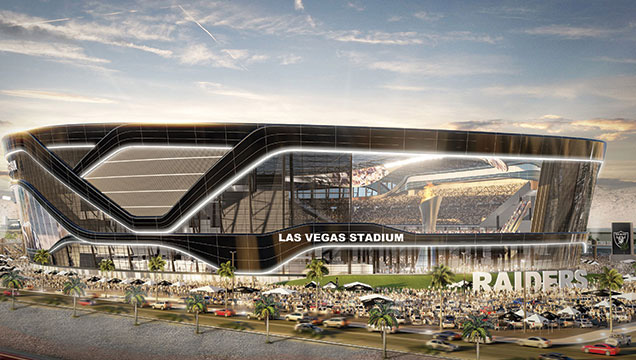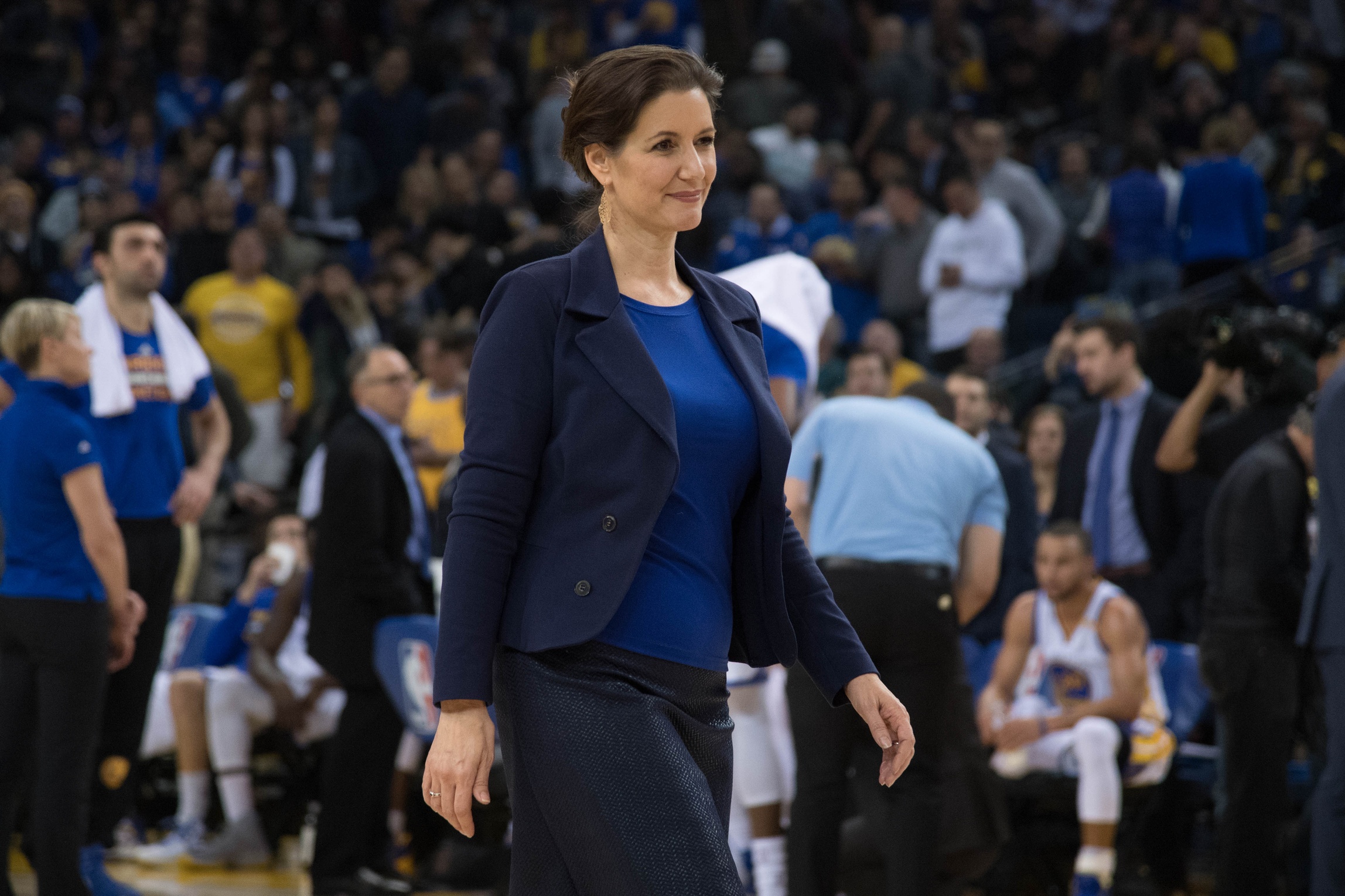
1. Libby Schaaf and Oakland did their citizens a favor

The whole idea of the city of Oakland using public financing for an NFL venue has always seemed a bit ridiculous. This is much different than San Diego refusing to use tax-payer dollars prior to the Chargers moving to Los Angeles. In instances like this, we surely have to look at the socioeconomic conditions of the impacted area. In reality, Oakland itself has been one of most economically downtrodden major cities in the United States.
According to the most-recent U.S. Census, the per capital income in Oakland is just north of $33,000 annually with a 20-percent poverty rate. That compares favorably to the city of San Diego. Though, California’s southernmost hub has a poverty rate of just over 13 percent. That’s a major difference, especially when we look at the fact that the United States as a whole boasts a 13.5 percent poverty rate.
Cities have to make decisions on how public financing will impact their entire citizenship. With a high crime rate, high poverty rate and failing schools, it makes sense that Oakland Mayor Libby Schaaf and Co. would not want to use this money to help an owner in a multi-billion dollar industry fund a private stadium.
Think about it this way. According to the East Bay Times, Oakland’s school superintendent called for $25.1 million in annual budget cuts back in February. With the city already cutting down in its police force and crime still among the highest of all major cities in the United States, it simply didn’t make sense to put out public financing for a sports venue.